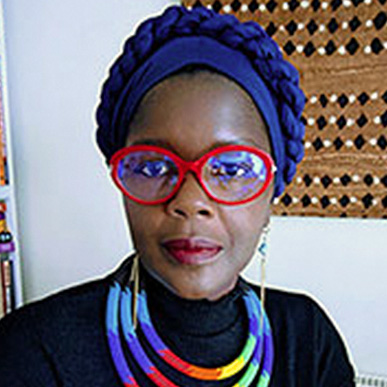Race and gender struggles in Africa and the diaspora


HUMA-ASAA Thinking the human through Africa: Epistemological Debates

Keisha-Khan Perry is a feminist anthropologist, political activist, and professor of Africana Studies at the University of Pennsylvania, US. She writes on urban social movements fighting against the violence of forced displacement. Keisha-Khan is the author of the prize-winning book: Black Women against the Land Grab: The Fight for Racial Justice in Brazil (University of Minnesota Press, 2013), an ethnographic study of black women’s activism for housing and land rights in the northeastern Brazilian city of Salvador. With an emphasis on the United States, Jamaica, and Brazil, Keisha-Khan continues to write on issues of black land ownership and loss and the related gendered racial logics of black dispossession in the African diaspora. Keisha-Khan recently served on the Latin American Studies Association (LASA) delegation to investigate the impeachment of Brazilian President Dilma Rousseff.

Awino Okech’s research interests lie in the nexus between gender, sexuality, security, and nation/state-making projects as they occur in conflict and post-conflict societies. Awino is attentive to power in knowledge production and transfer processes and explores these dynamics through the methodological and pedagogical choices in her research and in the classroom. Before joining SOAS University of London, UK, Awino worked for over a decade in the development sector across various sub-regions in Africa, supporting women rights organisations and local movements working at the intersection of gender and conflict. This work remains central to her scholarship and teaching and is illustrated in ongoing support to feminist social justice movements in Africa and feminist movement building organisations globally. At SOAS, Awino’s work is split between teaching in the Department of Politics and International Studies and supporting the delivery of SOAS’s racial justice commitments as Associate Director for Equity and Accountability.